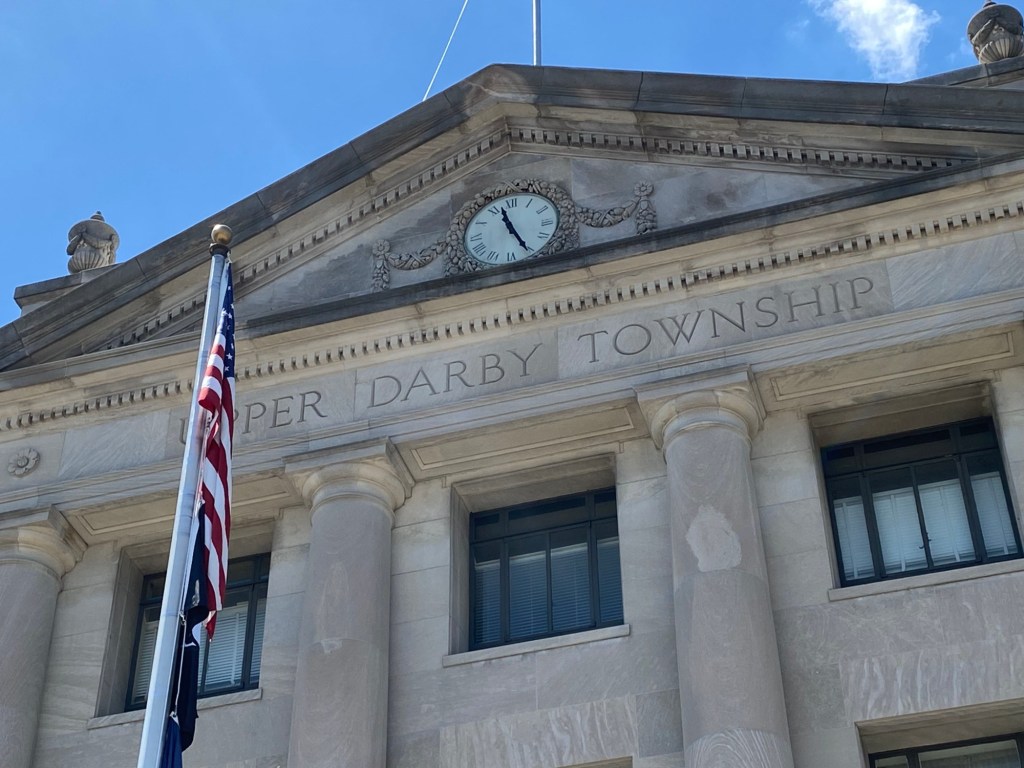On their third swing at the issue, Upper Darby Council approved the implementation of a 1 percent earned income tax at this week’s meeting.
It was first proposed in 2023 by then Mayor Barbarann Keffer but not acted on late in the year and then in December 2024 it was stopped due to a court ruling declaring that it was voted on improperly.
The latest vote passed 7-4, with the tax now going to the state for review before going into effect July 1.
Mayor Ed Brown said the EIT is a necessity and once it is enacted he wants to reduce property taxes.
A number of residents and council members tried to convince the majority.
Much of the discussion involved the likelihood that the school district would attempt to take half of that tax.
Officials said that is possible, the school could take up to a half percent but it would have put a referendum on the ballot.
Resident John DeMassi said the tax will hurt the community and it will take dollars out of the pockets of residents.
One resident asked for help in understanding where the money would go.
Chief Administrative Officer Crandall Jones said the money would go into the general fund to address needs of the capital budget, which he said presently sits at $1.5 million in the general fund.
“That is nothing for a $100 million budget,” he said. “Part of the reason … for the need for an EIT, is because there has never been anything consistently put into place, on a planning basis, to deal with the multi-million dollars’ worth of issues that face this town for capital issues.”
He went through a list of items including streets, cars, trucks and other equipment.
“There is no plan,” Jones said. “You need additional revenue to pay for that or the choice is raise property taxes.”
He said there are tens of million dollars of need to address to run the government but at the end of the day it will help taxpayers by creating a diversity of revenue.
He said to get a decent bond rating, which the township is trying to do, requires sufficient capital reserves and income from multiple streams, EIT and real estate taxes.
Council member Laura Wentz asked if the money would go to replenish the fund balance or to capital budget.
Jones said it would go to both and the administration will interact with council on how to divide those funds.
He said the township has $14 million in reserve capital funds but most of that has been earmarked for projects.
He said with the EIT the capital budget should raise to $10 million.
Wentz complained what is coming is the EIT rising to the level of Philadelphia taxes.
“That’s what’s coming,” Wentz said.
She said the council hasn’t been able to reduce costs now, what makes them think they can make cuts in the future.
“I’m concerned the cost this is going to put on residents, the residents who are barely making it,” Wentz said. “This 1 percent I believe it will have a great burden on all of our residents.”
Council member Meaghan Wagner said in her discussions with residents 99 percent of the residents are against the tax and she sees it as an open door to the tax constantly increasing.
“I am adamantly opposed to it,” Wagner said.
Amendments rejected
Following the public hearing, council member Andrew Hayman presented an amendment to exclude residents who make $12,000 or less per year, which is the largest amount that can be excluded by state law.
The solicitor found that needed to be presented at a future public hearing.
Wentz then presented an amendment to reduce the level to a half percent, as did Council Matt Silva.
“It would be something people to take as consideration to their communities.” Silva said.
Silva addressed Hayman, asking why he is so passionate about the tax as he isn’t going to be impacted since he is moving out of the township.
In an interview Thursday night, Hayman said though he is moving he has the best interest of the township at heart.
He also said his experience as a borough manager reinforces his view and finally those opposed have not come forth with ideas of their own how to fund the needs of the community.
Hayman was the borough manager in Folcroft and he recently got the job of public works director in Chester.
Hayman and council member Marion Minick, who had offered the ordinance, both rejected that amendment.
Council President Hafiz Tunis said nobody likes taxes, but residents will see a return on this investment.

